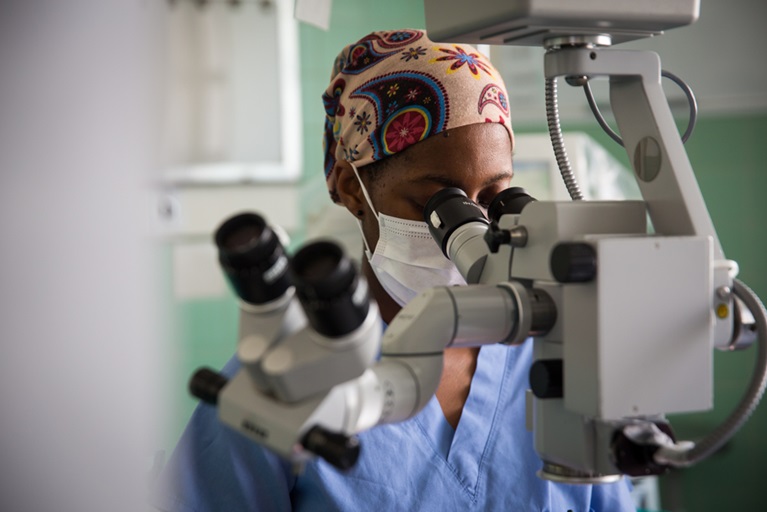ACCELERATING AFRICA'S DIGITAL AND GREEN TRANSITION
The two most significant challenges facing Africa over the next decade are the digital and green transitions of society while building competitiveness on the global stage. In addition, there is a need to build capability and capacity for the development and manufacture of medicines on the continent of Africa for the continent of Africa over the next decade. This paradigm shift represents a critical challenge for industries, workers, investors and public authorities, and the challenge needs to be fully understood and embraced in order to identify the most appropriate policy options to transform them into opportunities for all.

Up-skilling, Re-skilling and Life-skilling in Africa
Innopharma has a strong track record in bringing consortia together through public-private partnerships to deliver on Skills and Research projects. Over the past 36 months, Innopharma has brought together governments, HEIs, Research Institutions and EU officials through multiple meetings and webinars for the purpose of developing a fit-for-purpose approach to address the significant high-tech skills challenges that exist globally. This extensive process of stakeholder engagement has reinforced the need for urgent initiatives to address critical skills deficits - all of which are highly appropriate in an African context.
Assuring sustainability of delivery across multiple regions over a prolonged period.
Building capacity of high-tech industry relevant skill-sets and benefiting multiple regions.
Enables consistency of delivery and approach thereby ensuring best practice up-skilling across the regions.
Our mission is to contribute value to society by re-skilling, up-skilling, and life-skilling our learners, enabling them to grow personally and professionally and build a better future for all.
A digital agenda that works for future generations in Africa
The Fourth Industrial Revolution (4IR) presents new opportunities for developing nations to fully participate and compete in a global digital economy. The Covid-19 pandemic has, however, accelerated this transition into a digital world forcing economic sectors to adapt conventional methods by providing digital solutions. This digitisation has been seen across sectors ranging from education and training, health, manufacturing and many more, while in parallel supporting the possibility of achieving global sustainability goals through this advanced digitisation. To respond to the rapid digitisation of many sectors, regional policies within Africa and the EU have been formulated to take on the skills revolution required by the 4IR, especially in a post- Covid recovery world.
Fostering investment in human capital is crucial to meeting the challenges of globalisation and digitalisation and their impact on the workforce. Single-hearted support is needed to ensure quality employment to ensure the development of human capital and the building of an inclusive labor market.
Our Impact

CASE STUDY
Equipping Graduates in Africa with Skills for a New Technological Era …
Apply now for this short course in partnership with The South African Radio Astronomy Observatory (SARAO).
READ





